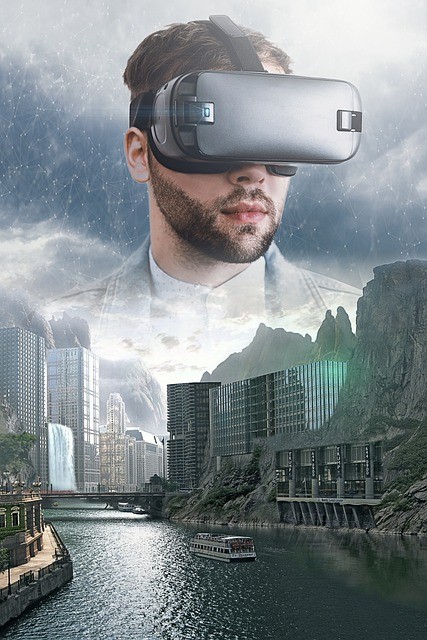Virtual Reality (VR) is indeed revolutionizing various industries by providing immersive and interactive experiences that were previously unimaginable. Here are some ways in which VR is shaping different sectors:
1. **Gaming and Entertainment:**
The most well-known application of VR is in the gaming industry. VR provides gamers with an entirely new level of immersion and engagement, allowing them to experience virtual worlds as if they were real. VR headsets and controllers enable players to interact with the environment and characters in ways that were previously impossible.
2. Healthcare:
VR is transforming healthcare by offering innovative solutions for medical training, patient therapy, and surgery simulation. Medical students can practice procedures in a realistic virtual environment without risking patient safety. VR is also used in pain management and therapy for conditions like anxiety and PTSD.
3. Education:
VR is changing the way students learn by creating dynamic and interactive educational experiences. Students can virtually visit historical sites, explore complex scientific concepts, or even travel through the human body to learn about anatomy.
4. Real Estate:
VR is revolutionizing the real estate industry by enabling virtual property tours. Potential buyers and renters can explore properties from the comfort of their homes, saving time and resources for both buyers and real estate agents.
5. Automotive and Manufacturing:
VR is used for designing and prototyping in the automotive and manufacturing sectors. Engineers and designers can create virtual models, simulate assembly processes, and identify potential issues before physical production begins, leading to cost and time savings.
6. Tourism and Hospitality:
VR is changing how people plan their trips by providing virtual previews of travel destinations and accommodations. Virtual tours allow potential visitors to explore hotels, resorts, and tourist attractions before making bookings.
As technology advances and VR becomes more accessible, its impact on various industries will likely continue to grow. However, challenges such as hardware costs, motion sickness, and content development complexity still need to be addressed for VR to reach its full potential in these sectors.











